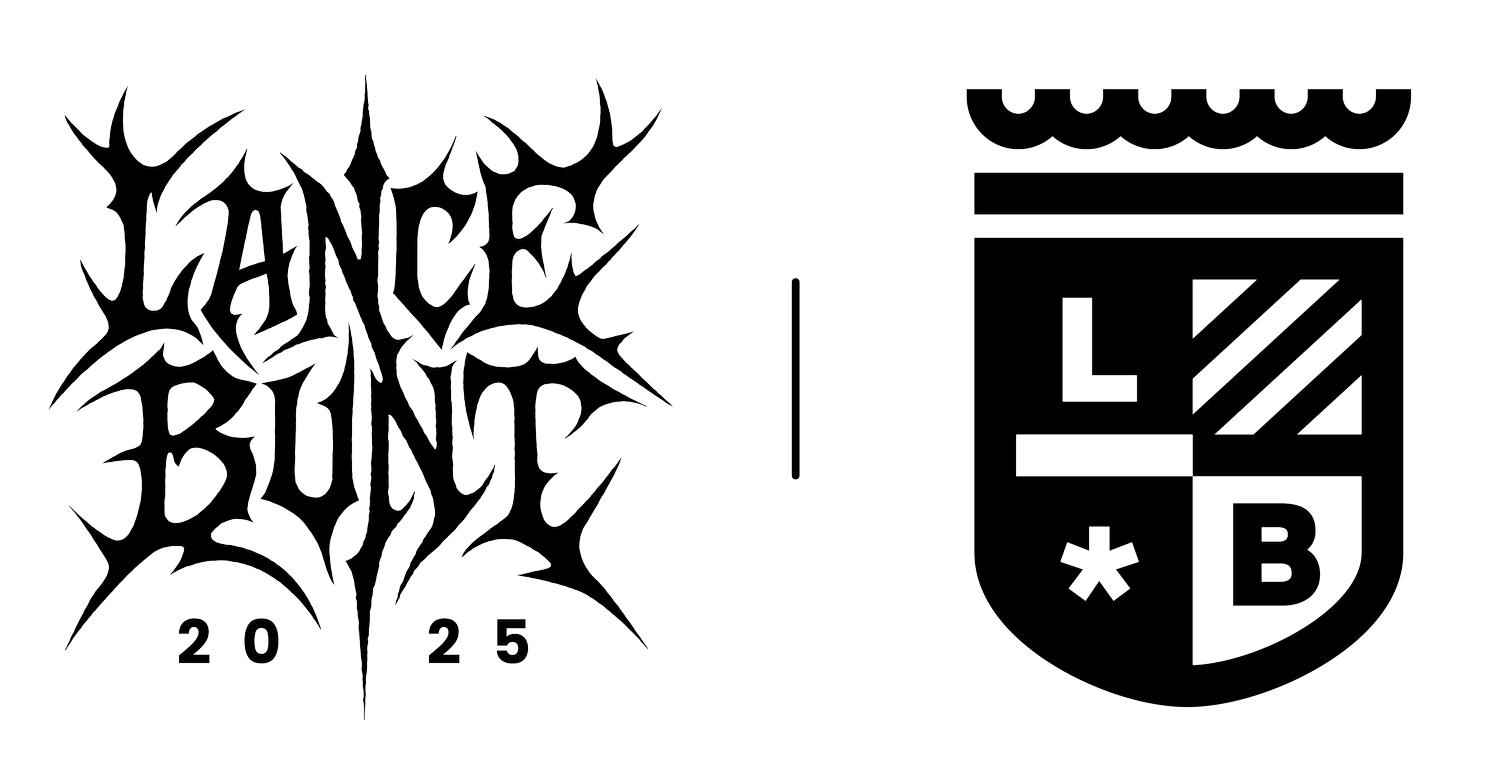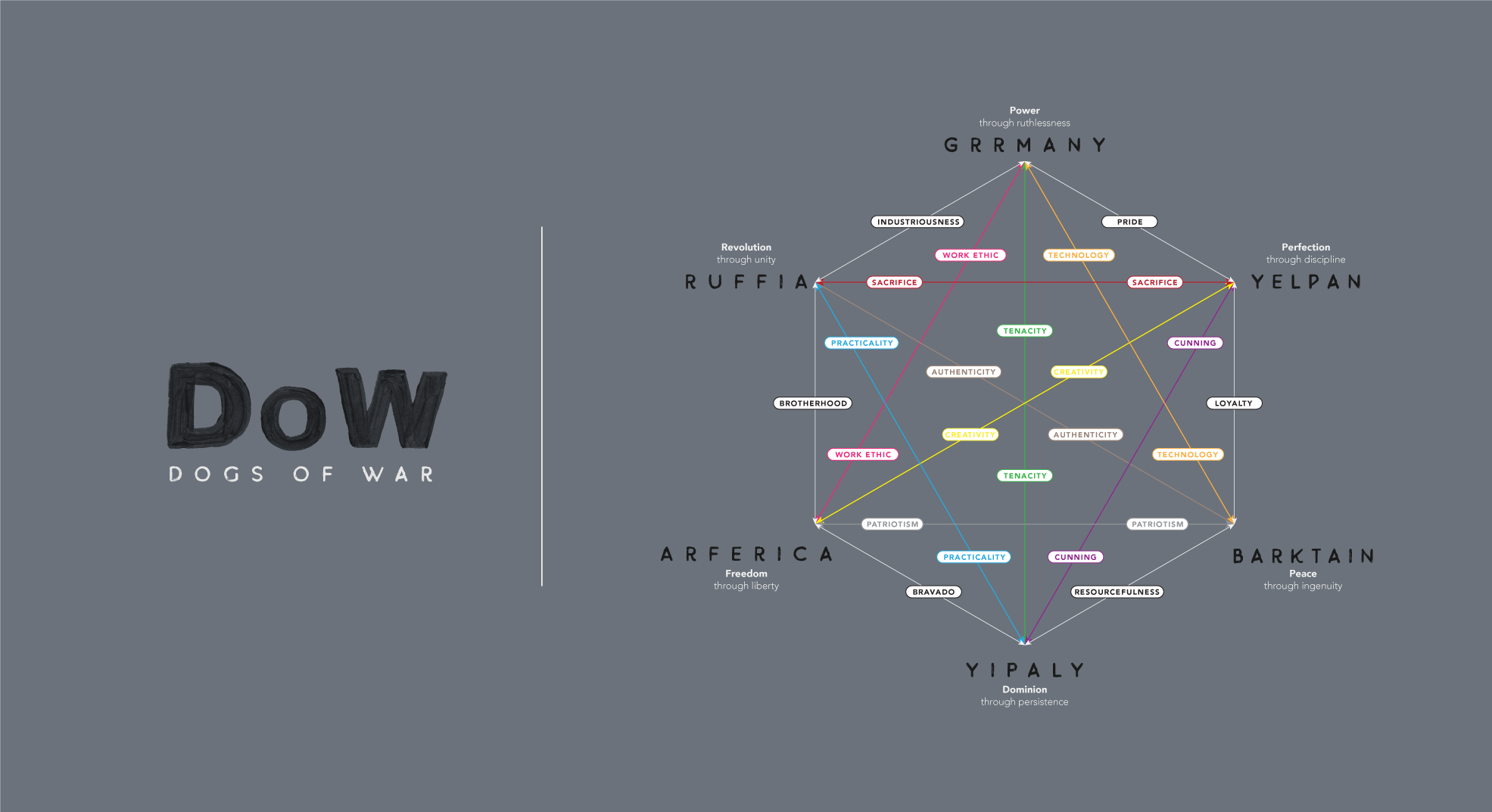RESEARCHER
RESEARCHER
Cerebral pursuits have lead me down many paths, but research and other formal academic inquiry is by-and-large my favourite. Click on any of the thumbnails below to see more!
mLearn - A heuristic evaluation of the design & development of a statistics serious game (2017)
Bunt, L., Leendertz, V. and Blignaut, A.S
This paper presents the results of a heuristic evaluation to appraise the design components and the first development interface of a first year mobile Statistics serious game—Vuvu’s Statventure. Through the heuristic evaluation the researchers wanted to ensure that the preferred game attributes are present and accounted for in the first Episode of the mobile serious game for statistics. This enabled the researchers to: (i) assess whether the conceptual features of the educational game pose potential problems to prospective first year student users, and (ii) to incorporate participants’ contributions into game design realities. Three game attributes formed part of the heuristic evaluation: (i) character-based inquiry; (ii) gameplay-related inquiry; and (iii) user-interface design. The results indicated that the students were satisfied with the elements conceptualised for the game and contributed greatly in terms of gameplay and character enquiry.
Citation: Bunt, L., Leendertz, V., & Blignaut, A. S. (2017, October). A heuristic evaluation of the design and development of a statistics serious game. In Proceedings of the 16th World Conference on Mobile and Contextual Learning (pp. 1-7).
eLearn Update - Presentation (2017)
BUNT, L.
A presentation delivered at eLearn Update in 2017. The presentation presented the game concept of Vuvu’s Statventure and showed alpha gameplay to an audience of professionals and academics. It was titled “GAMEFUL DESIGN FOR TEACHING FIRST YEAR STATISTICS”. The event focused on best practices in the tertiary education industry and emerging technologies, pedagogies and approaches.
ICGGAG - Design and development of a narrative-based tabletop game for promoting soft skills acquisition in technical students in the South African context (2018)
BUNT, L & GREEFF, J.J.
A serious tabletop game called “Gr8 Success!” has been developed for an undergraduate Communication skills module at the North-West University (NWU) in South Africa. This paper presents the details of the development process and discusses the first play tested prototype of the serious game in question. The game is described in the context of a conceptual framework being developed by researchers at the Serious Game Institute of South Africa (SGI-SA).
Citation: Bunt, L. R., & Greeff, J. J. (2020). Design And Development of a Narrative Based Tabletop Game for Promoting Soft Skills Acquisition in Technical Students in The South African. Journal of Games, Game Art, and Gamification, 5(2), 41-47.
ICGGAG - Presentation (2018)
BUNT, L & GREEFF, J.J.
Presentation delivered in Indonesia at the ICGGAG Conference in 2018. In the current marketplace it is not unfair to say that communication skills have become the differentiator between good and mediocre work candidates. This can clearly be seen in the report provided by tech giants Google after studying their own hiring, promotion and firing practice and discovering that soft skills (communicating well with others, having empathy, problem solving, etc.) were the most valuable factors in predicting success in their company.
Apereo Africa - Conference (2018)
BUNT, L
The Apereo Africa 2018 conference took place in Potchefstroom, South Africa on the 8th and 9th of May. The event was co-hosted by the North-West University (NWU) and OPENCOLLAB and was followed by an entertaining Tsugi workshop with Dr. Chuck on the 10th.
This year the African community was fortunate to have had four international speakers representing different Apereo products alongside speakers from African Universities, a South African TVET colleges and other private educational institutions.
Yesterday and Today - Developing an artefact to demonstrate World War II content to history students (2019)
BUNT, B.J. & BUNT, L
The following design paper reports on a serious game project being made by interdisciplinary researchers at the North-West University (NWU), Vanderbijpark Campus. The conceptualisation of Dogs of War (DoW) has already reached the initial play-testing phase, wherein the basic mechanics and units already having been designed. The game will be implemented in a third year History class at NWU in 2020, with the aim of researching whether the game itself can enhance self-directed learning through tangential and exciting gameplay.
Citation: Bunt, B. J., & Bunt, L. R. (2019). Developing a serious game artefact to demonstrate World War II content to History students. Yesterday and Today, (22), 42-59.
Afrika Conference - 33rd SASHT & 3rd AHE (2019)
BUNT, B.J. & BUNT, L
The South African Society for History Teaching {SASHT) was founded in 1986. The year of the implementation of the State of Emergency also saw teachers of history organise themselves with the intention to promote the school subject History as a discipline with its own specialised structure and content. The presentation focused on the developing serious game Dogs of War (DoW).
ECGBL - Liike: The Design and Development of a serious game for accountancy students (2019)
Pelser-Carstens, V., Bunt, L. and Greeff, J.J.
This paper presents the detail of the design and development process of Liike. Furthermore, the paper highlights the Liike design-oriented research goal and methodology. Ultimately, the key characteristics that informed the design of Liike are presented as lessons learned. In conclusion it is suggested that not all design elements are created equally when it comes to imparting professional competencies and 21st century skills.
Citation: Pelser-Carstens, V., Bunt, L., & Greeff, J. (2019, October). Liike: The Design and Development of a serious game for accountancy students. In Proceedings of the European Conference on Games-Based Learning (pp. 3-4). Vancouver.
IICE - I.T. takes a village: gauging student perceptions regarding serious game iteration (2019)
Bunt, L. & Greeff, J.J.
One can liken the African proverb "it takes a village to raise a child" to the contemporary tertiary education experience of young adults in South Africa (SA); as it demonstrates the sizeable monetary, human capital, and supplemental support efforts it takes to ensure a student successfully obtains a degree after years of study. Lecturers in the School of Computer Science and Information Systems (CS&IS) at the North-West University (NWU), Vaal campus are employing a practical approach to elevate and underscore student perspectives/approaches on both non-technical and technical subject matter.
IICE - Presentation (2019)
Bunt, L. & Greeff, J.J.
The IICE is an international refereed conference dedicated to the advancement of the theory and practices in education. The IICE promotes collaborative excellence between academicians and professionals from ducation. The aim of IICE is to provide an opportunity for academicians and professionals from various educational fields with cross-disciplinary interests to bridge the knowledge gap, promote research esteem and the evolution of pedagogy. The IICE 2019 invites research papers that encompass conceptual analysis, design implementation and performance evaluation. All the accepted papers will appear in the proceedings and modified version of selected papers will be published in special issues peer reviewed journals.
PretoriaFM - Interview (2020)
Bunt, L.
A brief radio interview with a prominent station in South Africa. The topic of discussion: games—and by extension—serious games. Listen to the show by clicking on the play button below:
ECGBL - Conference Presentation (2021)
This theoretical article presents the foundational aspects of a conceptual, role-playing learning design intended for use in Higher Education Schools of computer science and information technology. The learning design intends to improve learning ecosystems, bolster student engagement and afford learners and educators the benefit of choice and amplified autonomy. The role-playing learning design makes three roles available to learners, namely: Business Analyst (Read), Web Developer (Write) and Customer Service Representative (Engage). These roles are tied directly to the three basic literacy skill areas iterated upon in the basic literacy framework discussed here. Moreover, this article represents part one in a series of articles exploring the efficacy and potential of this approach to better serve our student cohorts and expand educational offerings. Download the Proceedings HERE.
Citation: Bunt, L. 2021. Heutagogy as Narrative: Role-Playing Learning Design for Computer Science Teaching and Learning. In Proceedings of the 15th European Conference on Games Based Learning (pp. 131-140).
Creative Education - Pie-Eyed: Adapting MTG elements to create a new card game called Dogs of War (2022)
Contemporary serious game development remains largely improvised and haphazard. Many hindering aspects are to blame for this, including: project scope, available resources, stakeholder makeup, subject expert consultation(s), etc. Most significantly for this paper, however, game designers typically struggle to imbue philosophical depth into their projects. The popular trading card game “Magic: The Gathering” (Wizards of the Coast, Hasbro) offers remedies to this issue in the form of a central nucleus: the colour pie. The purpose of this research was to investigate the merits of the game design of MTG and to adapt it for our own use in a new card game. A similar framework has been devised for a history-for-education trading card game currently in development called “Dogs of War” (DoW). This research reports on the extent to which tangible results (mechanically, and otherwise) can be accrued by formulating and implementing such a philosophical design foundation. Results include giving examples of Dogs of War and how it was adapted from MTG.
Citation: Bunt, B. and Bunt, L. 2022. Pie-Eyed: Adapting MtG Elements to Create a New Card Came Called Dogs of War. Creative Education, 13, 1022-1044. doi: 10.4236/ce.2022.133066.
ECGBL - Conference Presentation (2022)
Game-based learning (GBL) is said to have encouraging potential for varying educational contexts and scenarios, but how do practitioners select suitable edifying gaming content for their own unique environments? Moreover, what are the correct strategies, recommendations, procedures and/or parameters for choosing appropriate gaming media for learning? There are countless options to choose from, varying in genre, play style, medium, difficulty, aim(s), etc. This paper presents the results of an interpretive study seeking to determine a set of requirements and qualities for informed GBL selection. Online surveys completed by history-for-education students at a South African Higher Education institution hope to bring us closer to guidelines for more effective GBL selection and application in tertiary education contexts across the globe.
Citation: Bunt, B. & Bunt, L. 2022. Ganking the ranking: The self-reported learning potential from a selection of game genres to develop self-directed learning. In Proceedings of the 16th European Conference on Games Based Learning.
EdMedia 2023 - Conference Presentation (2023)
The following paper serves as Part II of a broader study focusing on game-based learning (GBL), self-directed learning (SDL), their potential for educators, and criteria for their selection. Consequently, this research presents a theoretical framework based on literature, theory, and preceding phenomenological work to understand the factors surrounding GBL impressions of six (6) triple A and indie game titles presented to a population of BEd students in South Africa. The study population in Part I of this research, subsequently, included third year History students in the Faculty of Education. This paper goes on to express the relationship between three key foundations of optimal GBL potential and selection: Challenge(s), Suitability, and Motivation(s)—results which were not addressed in Part I of the study. Factors, patterns, and considerations for each are expounded upon and offered to assist educators, specialists, and practitioners in establishing the learning capacity of edifying media and choosing the most suitable GBL methods to meet a diverse range of needs. The resulting framework for GBL selection is validated practically in future pragmatic efforts.
Citation: Bunt, L. & Bunt, B. (2023). Devise. Tailor. Motivate. A theoretical framework for optimising game-based learning potential and selection. In T. Bastiaens (Ed.), Proceedings of EdMedia + Innovate Learning (pp. 727-736). Vienna, Austria: Association for the Advancement of Computing in Education (AACE). Retrieved from https://www.learntechlib.org/primary/p/222570/.
EdMedia 2023 - Devise. Tailor. Motivate. A theoretical framework for optimising game-based learning potential and selection (2023)
Objectives:
Recommend relevant criteria for selecting GBL media that have the required potential to fulfil predetermined learning objectives.
Explain the relationship between three foundations of optimal GBL selection, including: challenge(s), suitability, and motivation(s).
Present a theoretical framework capable of assisting educators, specialists, and practitioners. in establishing the learning capacity of edifying media and choosing suitable GBL methods to meet their needs.
Citation: Bunt, L. & Bunt, B. (2023). Devise. Tailor. Motivate. A theoretical framework for optimising game-based learning potential and selection. In T. Bastiaens (Ed.), Proceedings of EdMedia + Innovate Learning (pp. 727-736). Vienna, Austria: Association for the Advancement of Computing in Education (AACE). Retrieved from https://www.learntechlib.org/primary/p/222570/.
EdMedia 2023 - An Integrative Approach to Crafting Educational Artefacts: Design Guidelines for Novice Lecturers (2023)
This paper presents a research design guideline that supports novice lecturers when designing artefacts for educational purposes. The goal of this guideline is to assist inexperienced lecturers in developing a well-structured research plan that adheres to design science research principles and strives to provide a clear outline regarding the essential steps in the research process, including the selection of a research philosophy, determining a research approach and methodology, selecting appropriate research methods, and thoroughly analysing collected data. Furthermore, the guideline emphasises the importance of ethical considerations at all stages of the research process. Following this comprehensive research design guideline will provide novice lecturers with the tools they need to create educational artefacts that cater to the needs of their target audience and make valuable contributions to the field of educational design.
Citation: Pelser-Carstens, V. & Bunt, L.R. (2023). An Integrative Approach to Crafting Educational Artefacts: Design Guidelines for Novice Lecturers. In T. Bastiaens (Ed.), Proceedings of EdMedia + Innovate Learning (pp. 790-805). Vienna, Austria: Association for the Advancement of Computing in Education (AACE). Retrieved July 31, 2023 from https://www.learntechlib.org/primary/p/222578/.


















